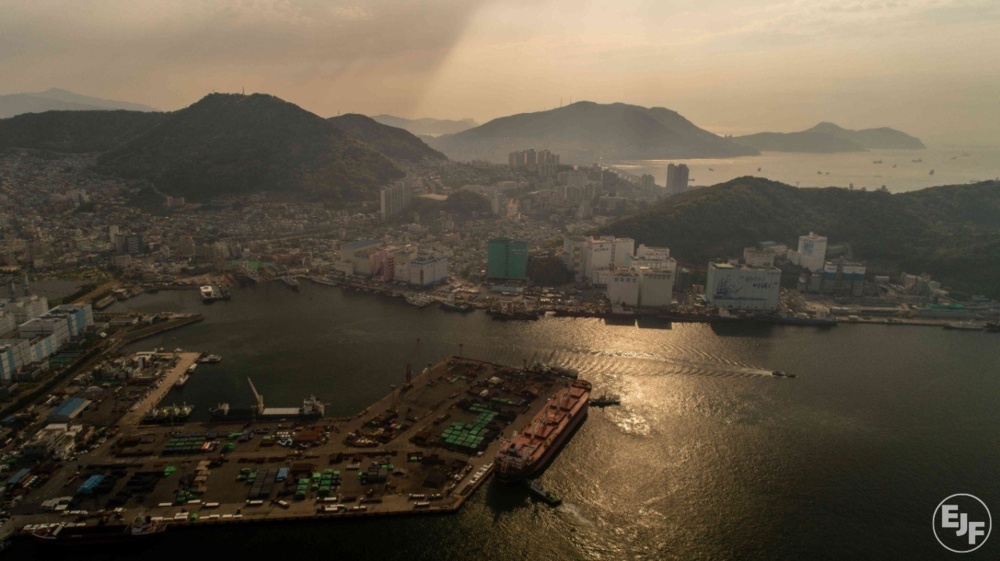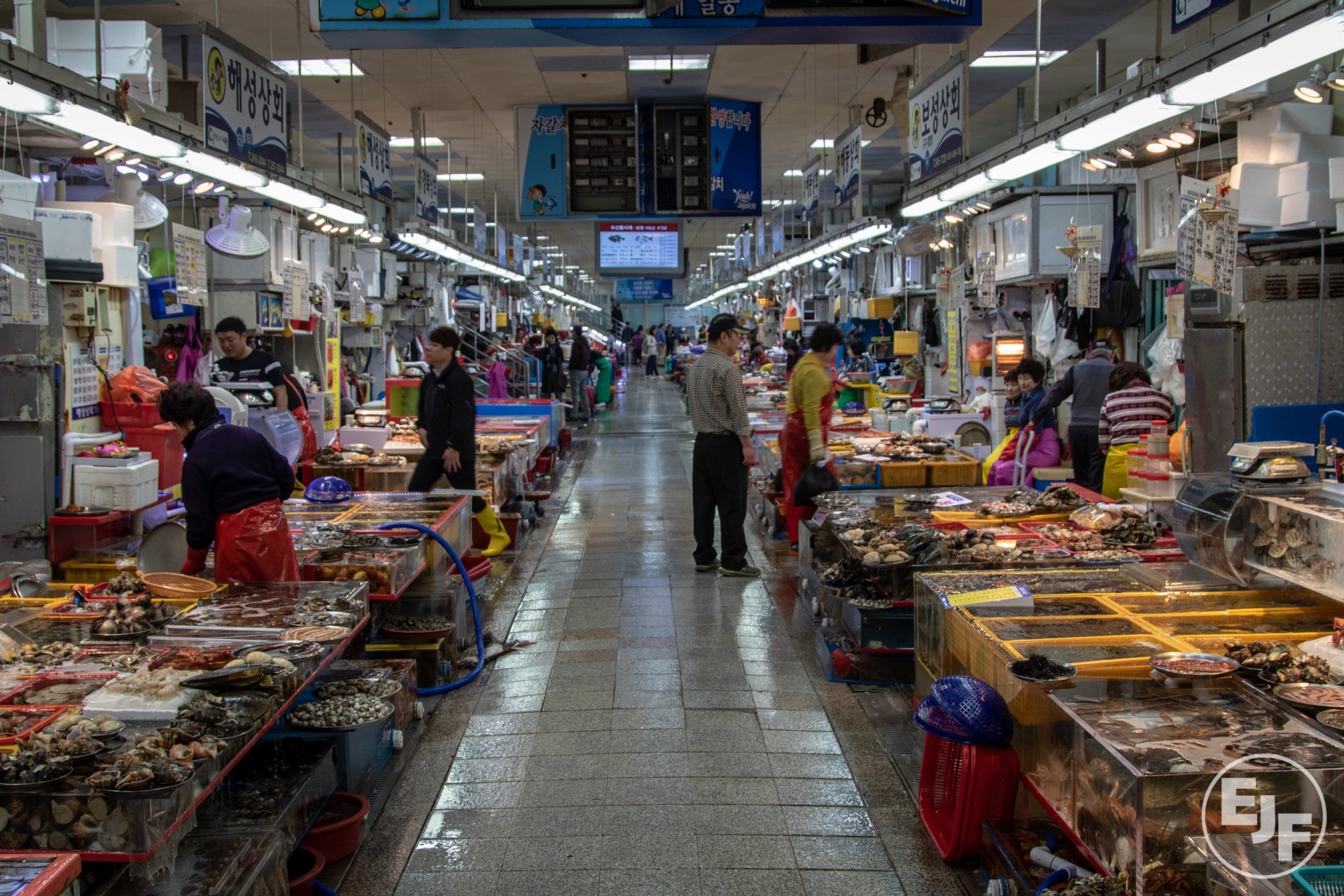
South Korea’s fisheries laws improve, but vigilance is needed
South Korea’s revision of its Distant Water Fisheries Development Act is crucial progress in tackling illegal fishing, as it allows deterrent sanctions to be applied quickly and efficiently, say a group of international and Korean NGOs. However, they also raise concerns about the new head of a key agency that certifies seafood legality. The official was in post when serious errors were made in a recent case where Korea failed to sanction vessels found fishing illegally, instead allowing the owner to sell the catch on the global market.
Last month, the USA placed South Korea on a preliminary list of countries engaged in illegal fishing. A key reason for the listing was illegal fishing by two Korean distant water fishing vessels in 2017 that violated conservation measures of the Commission for the Conservation of Antarctic Marine Living Resources (CCAMLR), an international body established to conserve Antarctic marine life.
The Korean government reacted quickly by addressing flaws in the Distant Water Fisheries Development Act that had made it difficult to sanction illegal vessels. The government is now able to take action quickly and effectively when they find a vessel has fished illegally.
The Environmental Justice Foundation, the Citizens’ Institute for Environmental Studies and the Korean Federation for Environmental Movement praised the amendment, which was informed by recommendations from NGOs.
However, they also called for the government to ensure greater transparency in fisheries governance. The publication of key information on vessels, such as license lists, would be a first step, along with full disclosure of any sanctions issued.
Strong leadership of the agency responsible for certifying the legality of seafood – the National Fishery Products Quality Management Service (NFQS) – is also needed, say the NGOs. But they have raised serious concerns about the appointment of the former Director General of Overseas Fisheries, to run the NFQS, as he was the official responsible during the CCAMLR case.
Hyunjung Kim, Senior Campaigner at the Environmental Justice Foundation said: “We are strongly encouraged by recent progress in Korea, and it is clear the Minister of Oceans and Fisheries and his team are taking decisive action to update Korean legislation. However, strong leadership is needed in all areas of the Korean government responsible for combatting illegal fishing, and it is important that international seafood buyers have complete confidence in how the NFQS is run.”
Notes for the editor:
Key facts
- Korea has a distant water fishing fleet of 221 licensed vessels with an annual export of approximately 200,000 tons.
- Korea signed a joint statement with the EU in fight against illegal, unreported and unregulated fishing in Oct 2018. Korea is the first country with whom the EU signed a joint statement on IUU fishing among the countries that were previously issued the EU yellow card warning.
- In April 2015, the yellow card against Korea was lifted as Korea has improved efforts in combating IUU fishing.
- Korea joined the CCALMR convention in 1985.
- In 2018-2019, Korea has the largest number of vessels (9 vessels) allowed to fish in CCAMLR convention areas, compared to any other country.
- Korea is currently chairing the Standing Committee on Implementation and Compliance (SCIC) in CCAMLR.
The Citizens’ Institute for Environmental Studies is a civic group founded to support a systematic and scientifically-based, professional environmental movement. CIES researches environmental issues and focuses on Antarctic Ocean protection as a key priority.
The Environmental Justice Foundation is an international non-governmental organisation working to protect the environment and defend human rights. EJF is a charity registered in England and Wales (1088128). www.ejfoundation.org
The Korean Federation for Environmental Movement is a civic environmental organization that takes progressive actions to support core values of life, peace, ecology, and bottom-up participation in harmony with Nature.
SIGN UP FOR OUR EMAILS AND STAY UP TO DATE WITH EJF

